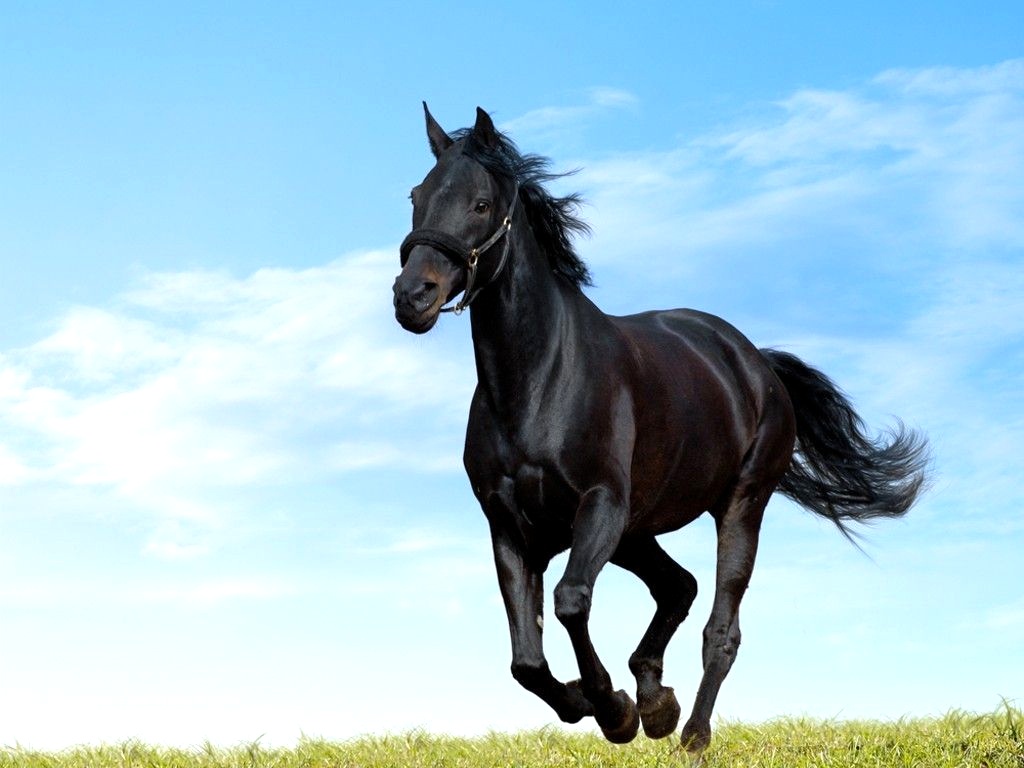Horse racing has been a popular sport for centuries, with people worldwide placing bets on the outcome of each race. But is horse racing a game of luck or skill? This article will take an in-depth look at the debate, examining the various factors that contribute to a successful horse race, and ultimately answer the question of whether luck or skill is the bigger factor in horse racing.
History of Horse Racing
Horse racing has a long and rich history, with the earliest evidence of horse racing dating back to ancient Mesopotamia. Over time, the sport evolved and became a popular pastime in many countries, including the United Kingdom, the United States and France. Horse racing has also been a part of the Olympic Games since the first modern Games in 1896.
What is Horse Racing?
At its core, horse racing is a competitive sport in which horses, ridden by jockeys, compete against one another to win a race. Races can range from short sprints of a few hundred yards to longer distance events of several miles. The main objective of horse racing is to determine which horse will be the fastest to complete the course.
What Factors Affect a Race?
While luck can play a role in the outcome of a horse race, there are many other factors that can influence the result of a race. These include the condition of the track, the weather, the speed of the horses, the skill of the jockeys, and the strategies used by the trainers.
The Role of Luck
Luck is an unpredictable factor that can play a role in the outcome of a horse race. While the horses, jockeys and trainers can do their best to prepare for a race, there is no guarantee of success. In some cases, luck may play a bigger role than skill in determining the outcome of a race. For example, a horse may have a great start but stumble halfway through the race, or a jockey may make a bad decision that affects the horse’s performance.
The Role of Skill
Despite the role of luck in horse racing, skill is also an important factor in determining the outcome of a race. The horses and jockeys must be well-trained and in good condition in order to perform their best. The jockey must also be skilled in reading the race and making the right decisions at the right times. The trainers also play a crucial role in preparing the horses and devising strategies for the race.
Strategies and Tactics
In addition to training and preparation, the trainers also develop strategies and tactics to help the horses perform their best. The trainers may devise a strategy to help the horse gain an edge in the race, such as setting a fast pace to tire out the other horses or waiting until the last minute to make a move. The jockeys must also be skilled in using the strategies devised by the trainers in order to give their horse the best chance of winning.
Betting on Horse Races
In addition to the skill and luck involved in horse racing, betting on the outcome of a race is also a popular activity. Betting on horse races can be a fun and exciting way to get involved in the sport. However, it is important to remember that betting is a game of chance and that no system or strategy can guarantee a win.
Professional Horse Racing
Professional horse racing is a highly competitive sport, with the best horses and jockeys competing in the most prestigious races. Professional horse racing requires a high level of skill and dedication in order to succeed. The horses must be well-trained and in peak condition, while the jockeys must be skilled in reading the race and making the right decisions.
The Role of the Trainer
The role of the trainer is often overlooked in horse racing, but it is one of the most important factors in determining the outcome of a race. The trainer is responsible for preparing the horses and devising strategies and tactics to give them the best chance of success. A skilled trainer can make all the difference in a race, as they are able to identify the strengths and weaknesses of each horse and devise strategies to maximize their potential.
Conclusion
In conclusion, horse racing is a sport that requires a combination of luck and skill in order to be successful. The horses and jockeys must be well-trained and in good condition, while the trainers must be skilled in devising strategies to give the horses the best chance of winning. Betting on horse races is a game of chance, but with the right preparation, skill and luck, anyone can have a successful day at the track.

